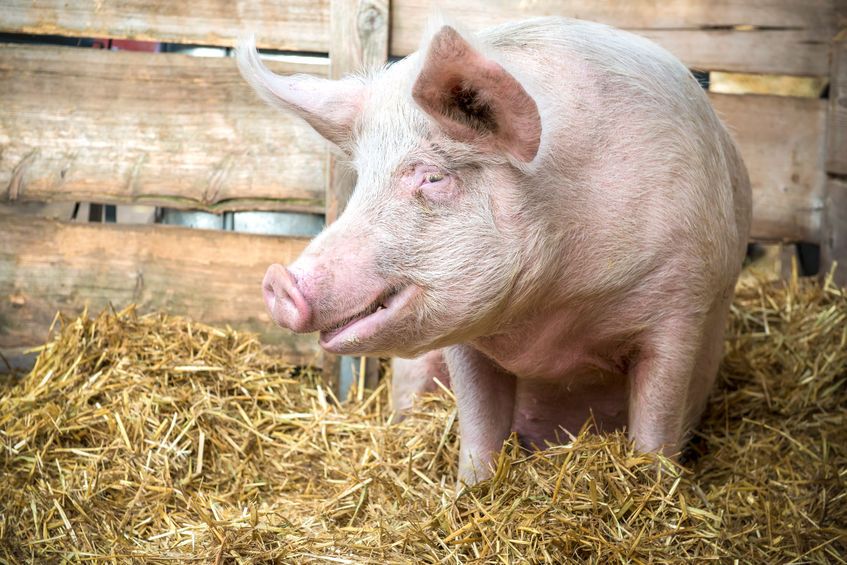New welfare code for pigs unveiled

Defra has unveiled a new welfare code for pigs that delivers updated legal requirements to producers in a range of areas linked to health and welfare.
The new code, which was laid before parliament was prorogued on Monday (9 September), has been developed in consultation with pig industry bodies.
It sets out enhanced guidance in a number of areas, including improved practices on how to prevent tail biting with a focus on avoiding the need to dock pigs’ tails.
The code also includes detailed guidance on enrichment attributes and acceptable combinations that should be used by the industry.
There is a greater emphasis on record keeping, especially related to tail biting incidence, prevention measures and proactive action taken including a requirement to record light levels and monitor environmental gasses.
It also includes a statement regarding Defra’s intention to move towards a future where farrowing crates are no longer needed and advice on free farrowing pens.
Defra said of the code: “Without good stockmanship, animal welfare can never be adequately protected. If stock keepers follow this code it will help them to meet the necessary welfare standards.
“No matter how acceptable a system may be in principle, without competent, diligent stockmanship, the welfare of the animals cannot be adequately catered for.”
The National Pig Association (NPA) and Pig Veterinary Society had a major input into the code.
While both bodies have welcomed it for having 'good common sense', they have expressed concern over Defra's intention to move away from farrowing crates.
NPA chief executive Zoe Davies said: “There remain some areas of concern, however, particularly as this is the first time Defra has publicly stated an intention to move away from farrowing crates in future.
“Thankfully, we do have a good relationship with the Defra welfare policy team and they are acutely aware of the impact legislation banning the use of farrowing crates would have on our industry.”
She added: “We will continue discussions with them about how we can support those who wish to move to free farrowing in future without the need for an outright ban.”








